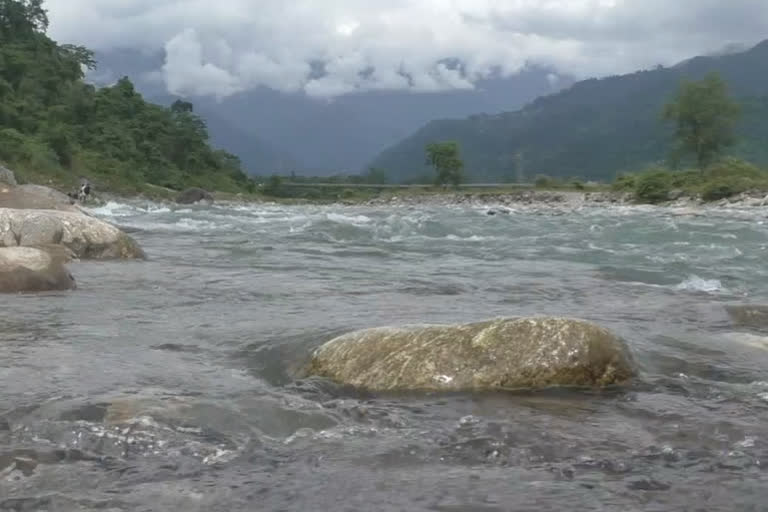Hyderabad: If we save nature, it will save our lives. However, by destroying the environment, we are unleashing catastrophes. Climate change has proved this fact over the past few decades.
The series of natural disasters are a result of reckless industrialization and man’s indifference to environmental conservation. A new study mirrors the impact of climate change on India. The Center for Science and Environment (CSE) revealed shocking statistics about climate refugees in India. India accounts for one out of every five environmental migrations worldwide resulting from floods, cyclones or droughts. 50 lakh cases of climate migrations have been so far recorded in India.
In 2019, natural disasters killed 1,357 people. Though Cyclone Nisarga struck India’s west coast, the storm passed without significant damage. But the Super Cyclonic Storm Amphan wreaked havoc in West Bengal and Odisha.
Between 1990 and 2016, India lost 235 square kilometers of land to coastal erosion. The study by CSE noted that global warming and habitat destruction are the major causes of climate tragedies in India.
The study even mentioned alarming rates of deforestation in the country. Receding forest covers in 280 districts nationwide and severe water crisis in 5 major river basins are the warning bells of environmental disruption. Further, they point towards immediate action.
The World Bank estimated that by 2050, there would be 14 crore climate refugees in Sub-Saharan Africa, South Asia and Latin America alone. Rising carbon emissions have already led to water pollution, contagious diseases, food scarcity and unprecedented natural disasters.
